The AI industry just experienced its most expensive wake-up call yet. On September 5, 2025, Anthropic agreed to pay a staggering $1.5 billion to settle a copyright lawsuit with authors—the largest publicly reported copyright recovery in history. But this isn't just about money; it's about drawing the first clear line in the sand for how AI companies can and cannot use creative content.
The Heart of the Matter
Three authors—thriller novelist Andrea Bartz, nonfiction writer Charles Graeber, and Kirk Wallace Johnson—sued Anthropic last year, claiming the company engaged in "large-scale theft" by using their works to train Claude, its popular chatbot. The twist? While a federal judge ruled in June that training AI on copyrighted books can qualify as "fair use," Anthropic got caught red-handed using seven million pirated books downloaded from shadow libraries like LibGen.
"Anthropic downloaded seven million pirated copies of books, paid nothing, and retained these illicit copies in its library," noted Judge William Alsup in his ruling. This distinction proved crucial—it wasn't the AI training itself that landed Anthropic in hot water, but how they obtained the training data.
Breaking Down the Numbers
The settlement will compensate approximately 500,000 authors around $3,000 each. While that might sound modest for individual writers, legal experts emphasize the precedent this sets. "This historic settlement far exceeds any previous copyright recovery," stated Justin Nelson, the authors' lead attorney.
Anthropic also agreed to destroy all pirated datasets and received only a "past release" for conduct up to August 25, 2025—meaning future violations could trigger new lawsuits.
Why This Changes Everything
This settlement marks a pivotal moment in the ongoing battle between AI companies and content creators. Unlike previous cases that ended in dismissals or prolonged litigation, this resolution establishes that AI companies cannot simply steal content, even if the end use might be legal.
"This settlement conveys a strong message to both AI companies and creators that appropriating copyrighted materials from piracy sites is unacceptable," Nelson emphasized. The implications ripple beyond books to music, art, journalism, and every creative field grappling with AI's voracious appetite for training data.
The Road Ahead
While Anthropic avoided admitting wrongdoing and positioned itself as committed to "developing safe AI systems", this settlement likely signals a shift toward licensing deals rather than data piracy. Similar lawsuits against OpenAI, Microsoft, and Meta are still pending, with this precedent potentially influencing their outcomes.
For creators, the message is clear: your work has value, and AI companies will be held accountable when they cut corners. For the tech industry, it's an expensive lesson that ethical data sourcing isn't just good PR—it's essential legal protection.
The AI revolution continues, but now with guardrails that respect the creators who make it possible.



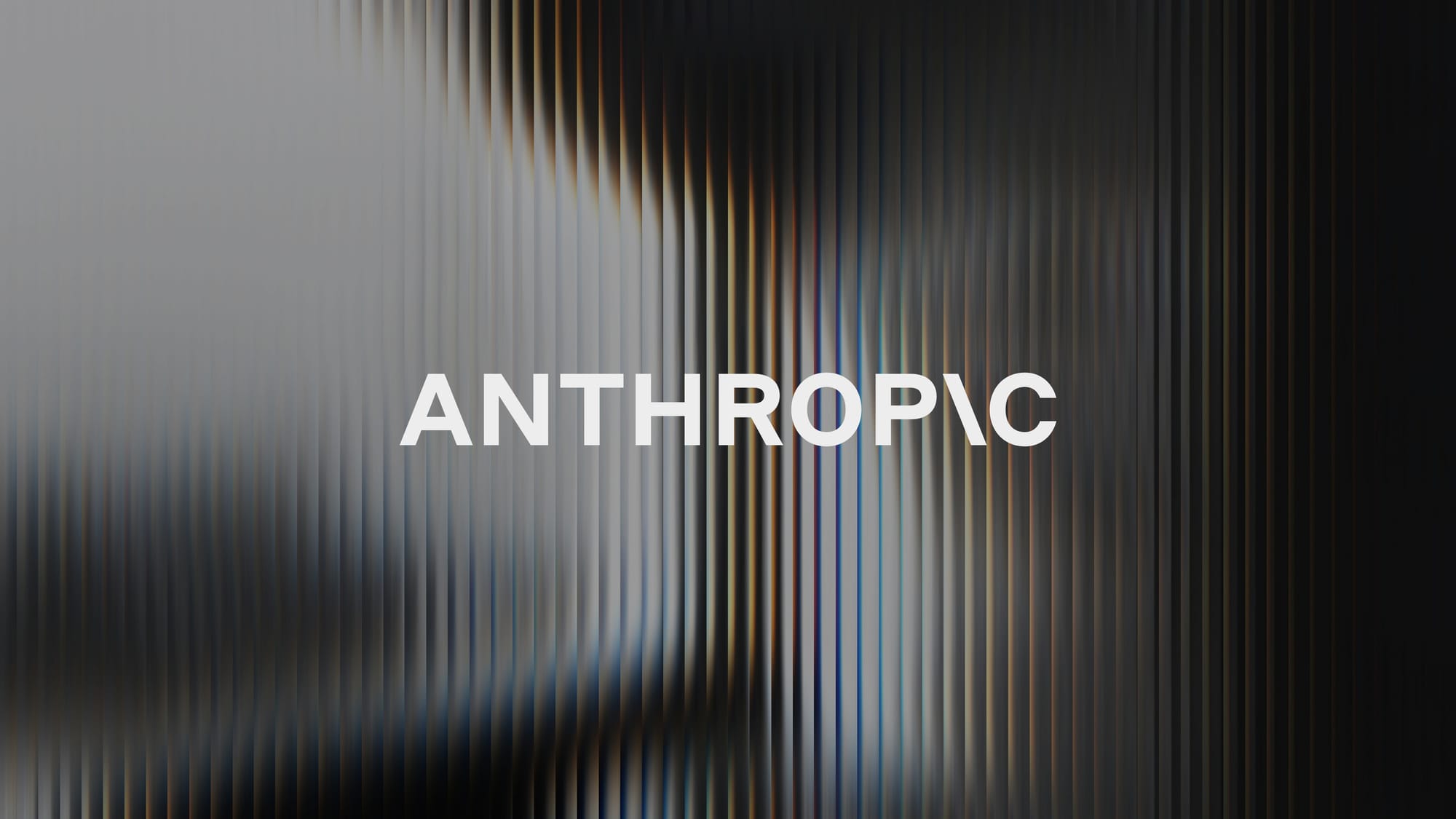
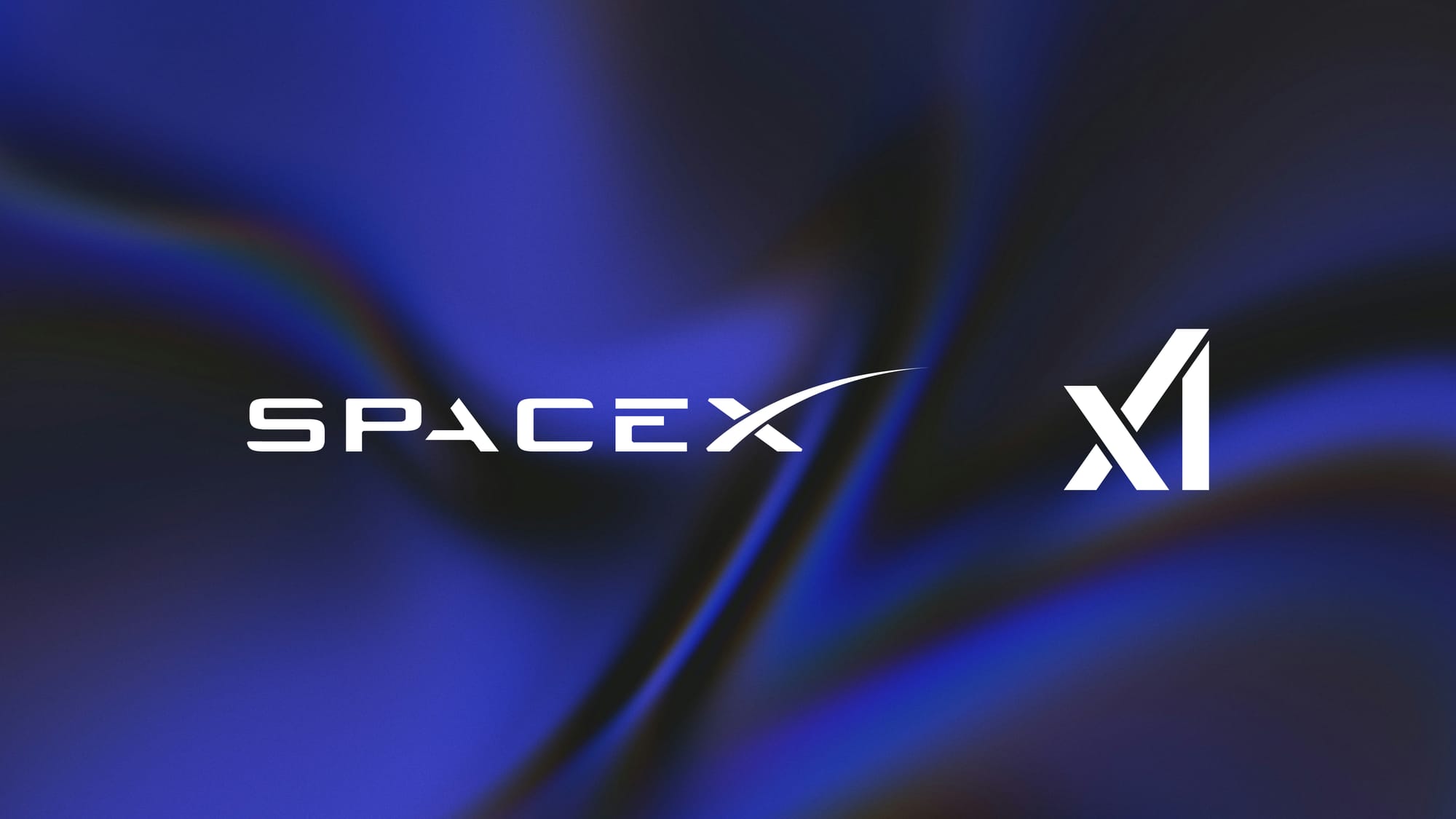

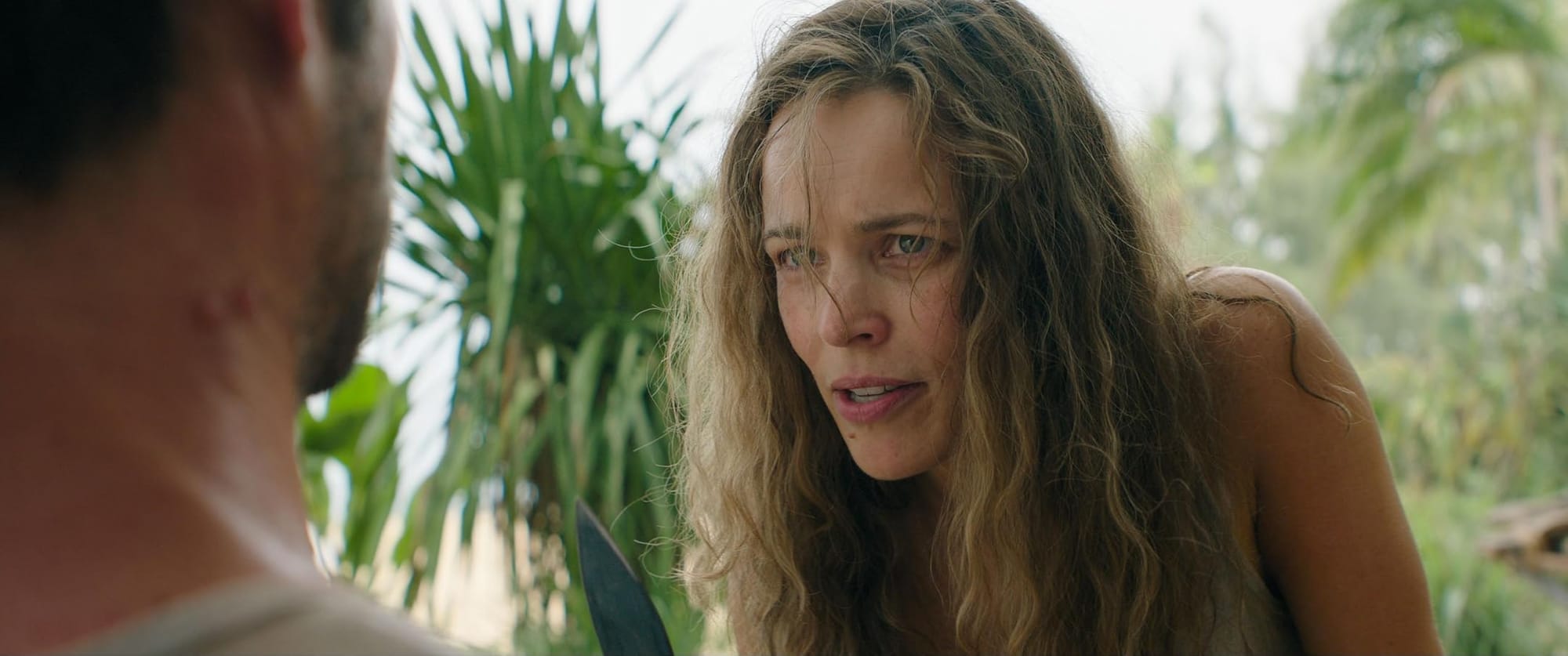


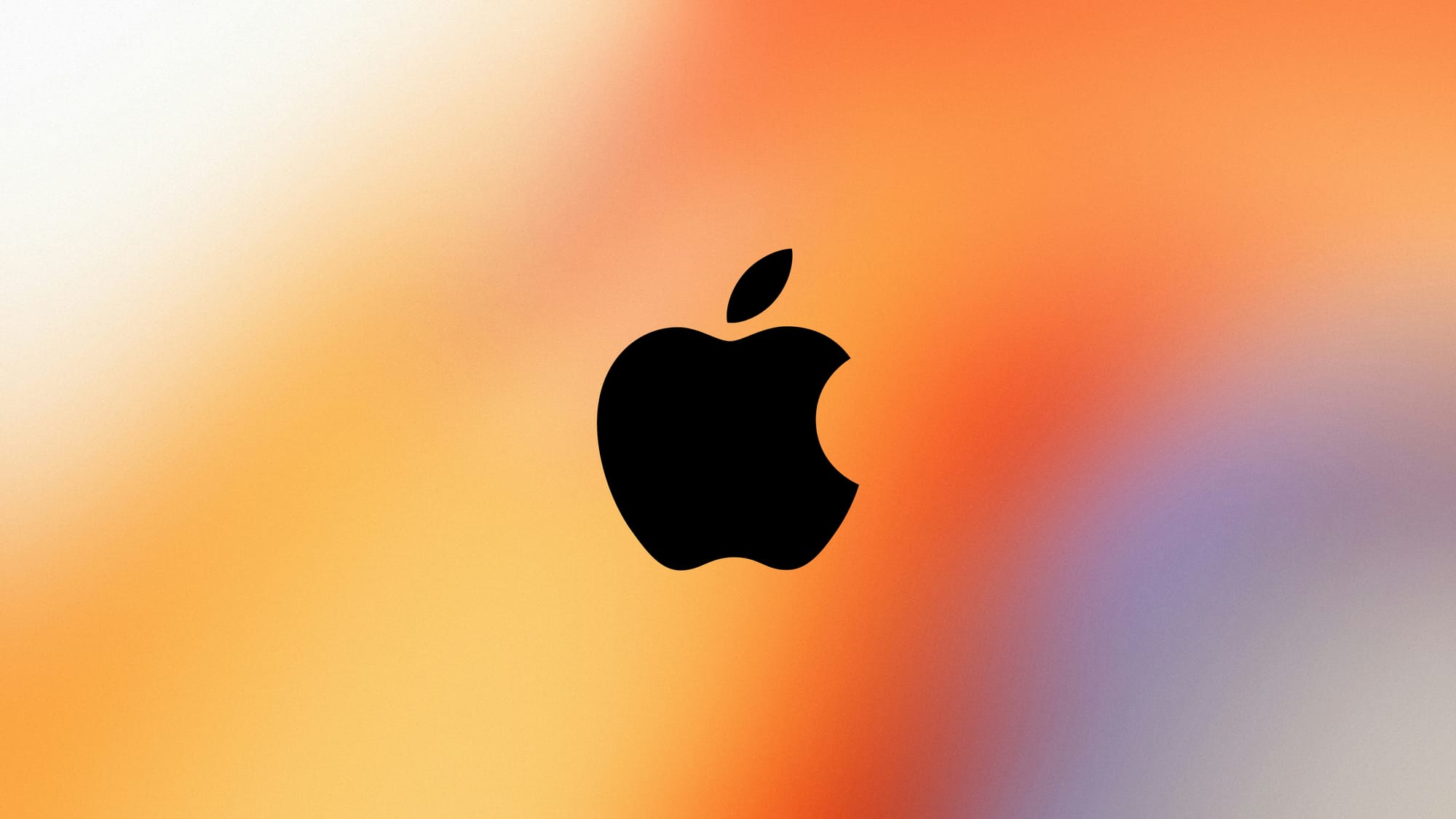
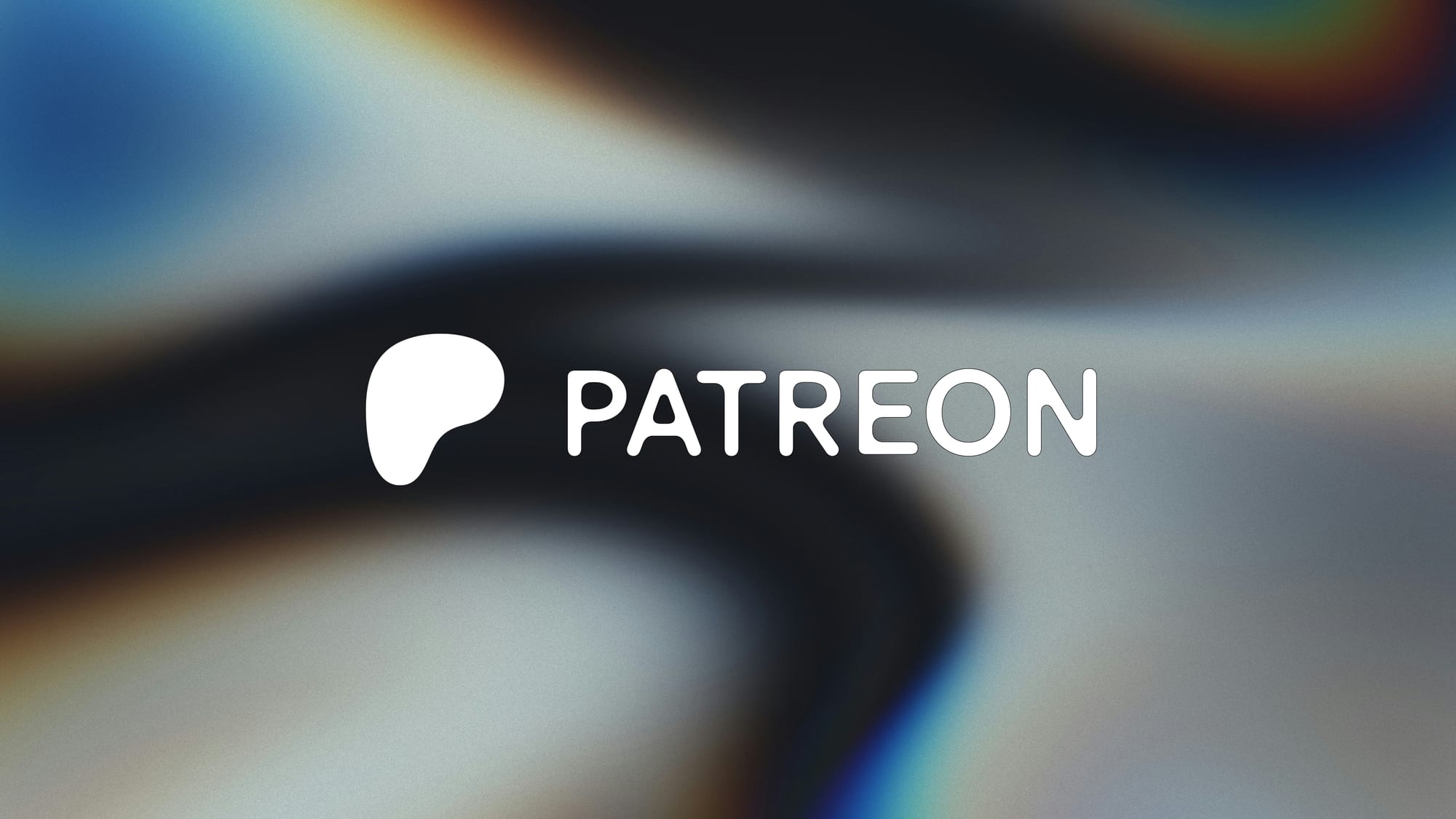
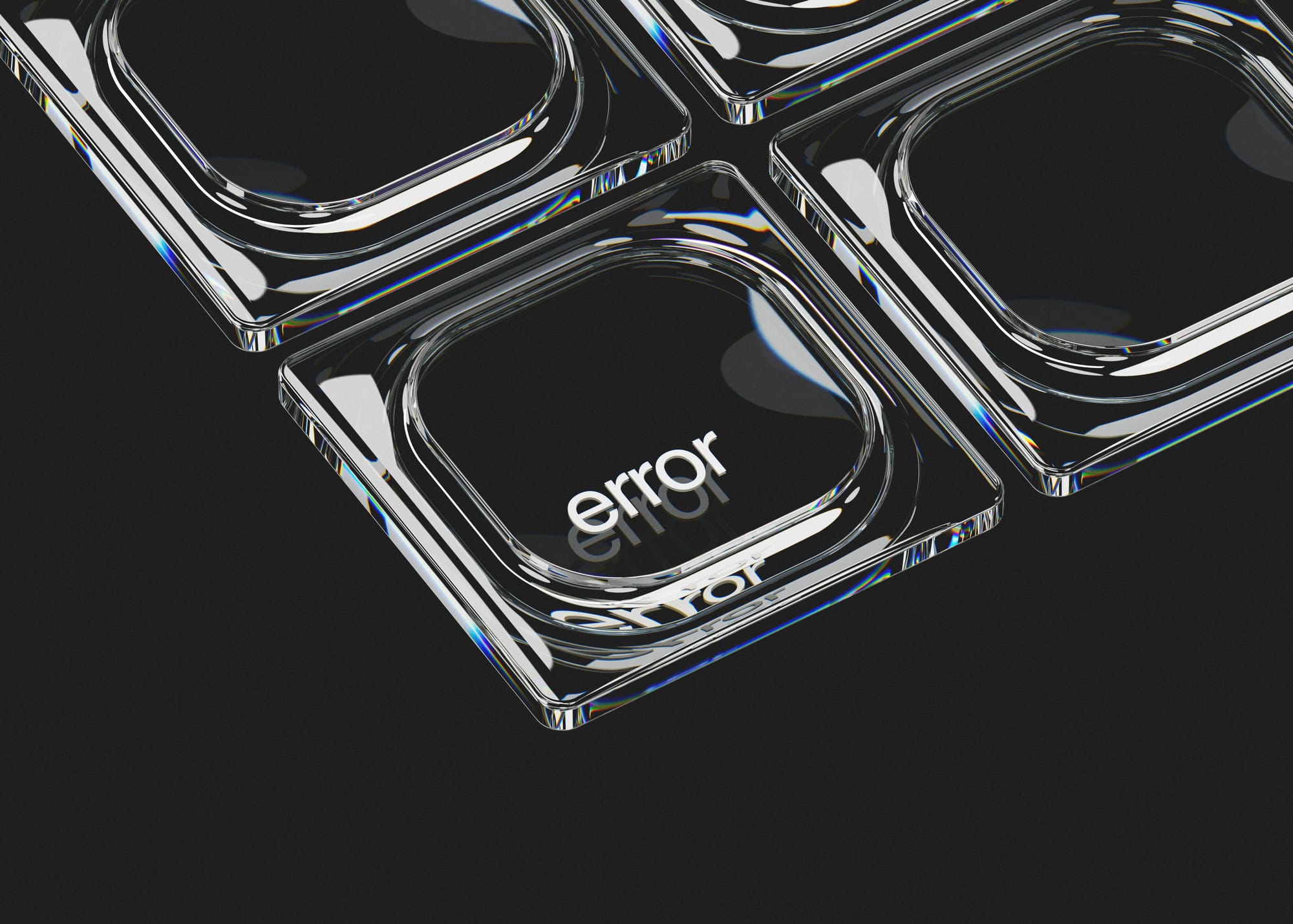


Discussion